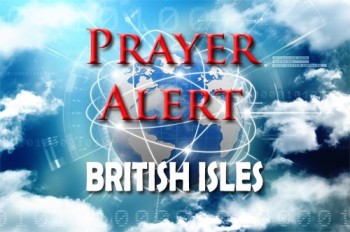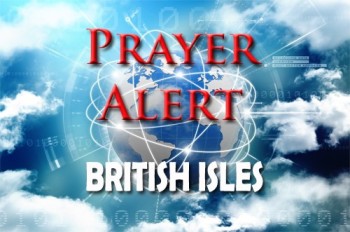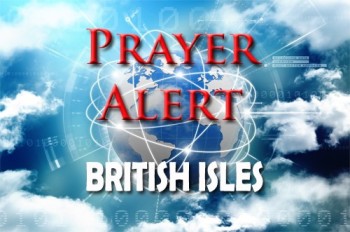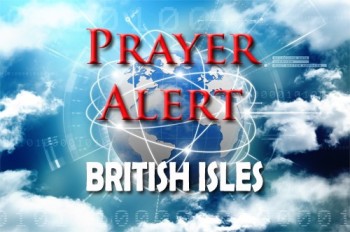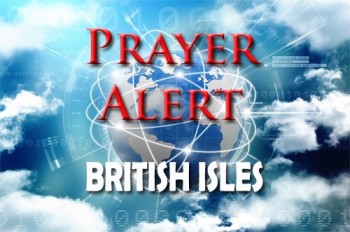
Super User
Lorem ipsum dolor sit amet, consectetur adipisicing elit, sed do eiusmod tempor incididunt ut labore et dolore magna aliqua. Ut enim ad minim veniam, quis nostrud exercitation ullamco laboris nisi ut aliquip ex ea commodo consequat. Duis aute irure dolor in reprehenderit in voluptate velit esse cillum dolore eu fugiat nulla pariatur
Melanie Washington put her arms around the young man who killed her son and hugged him. She said, ‘It’s more important to love and forgive than to hold on to the pain and the hurt. I found myself putting my arm around him. I didn’t feel a murderer that killed my son. I felt my son.’ Today Melanie Washington lives in Long Beach, California and is helping troubled youth make it out of a destructive culture. She herself came out of a childhood that she said was ‘pure hell’ To read her story click more.
Some of the best golfers in the world are striving for more than a trophy or prize money. In each Professional Golf Association tournament are players whose Christian faith is being communicated to fans and co-competitors. A growing number of competitors are using the rising popularity of golf to share their faith with others. They are becoming more interested in speaking out about their faith during post-event interviews. On 11th April the winner of the US Masters tournament, Scottie Scheffler, said ‘The reason why I play golf is I'm trying to glorify God’ (See) Scheffler has spoken often about the impact his faith has on his life. He is a regular at a Bible study held by professional golfers on tour, while it's understood he chose his caddie because he too was a committed Christian.
Khalia says, ‘After fleeing Iraq’s war, I had concerns about my Islamic faith. With violence, war, and bloodshed everywhere, I rejected the Quran teachings. In a search for truth, I began attending a local Jordanian church and was intrigued by the love I felt there and the teachings about Jesus. I started going over the weekly sermons with members from a Ministry Team. They helped me better understand the Bible. Slowly, my heart began opening to the truth. At an Easter Sunday celebration, I came to personal faith in Christ. Today, I am an active church member and regularly serve with the children’s ministry outreach team. Jesus has given me new life. No matter the cost, I will serve the Lord.’
There needs to be more and better laws and legislation to safeguard children from online sexual exploitation. Later this month the Online Safety Bill will be debated in Westminster as it enters its second reading. The bill will require online platforms to take action to improve child protection. Pray for consensus on the importance of further strengthening child protection, particularly in preventing the livestreaming of child abuse.
For six years, Kristie was a pastoral assistant at a secondary school. When her school notified staff of a 'No Outsiders' programme to be introduced Kristie went to a meeting to find out more. No Outsiders introduces young children to ideas about family and gender that are very different from Biblical teaching. She was concerned and did further research and shared a couple of posts on Facebook. But one of Kristie's Facebook ‘friends’ sent her Facebook posts to the school’s headteacher complaining that ‘a member of your staff, working directly with children has posted homophobic and prejudiced views against the lgbt community on Facebook.’ Kristie was sacked for gross misconduct. Her appeal was denied. She appealed but the decision was upheld. Kristie took her case to an Employment Tribunal but they ruled against her. In a few weeks’ time an Employment Appeal Tribunal will conduct their hearing.
Boris Johnson is sending £100m worth of weapons, including Starstreak anti-aircraft missiles and 800 anti-tank missiles, to Ukraine after an ‘unconscionable bombing’ of a crowded railway station killing dozens of refugees. He said, ‘It is a war crime to attack civilians, and Russia's war crimes in Ukraine will not go unnoticed or unpunished. Boris is sending precision munitions capable of lingering in the sky until directed to their target plus more helmets, body armour, and night vision. Defence Secretary Ben Wallace said the UK will also be providing heavily armoured Mastiff vehicles suitable for road patrols and convoys. Sensitive equipment will be removed, and British troops will help with training in a neighbouring country. So far sanctions have frozen £275bn of Russian foreign currency reserves, which is 60% of their total reserves. It is having deep and damaging consequences for Putin's ability to wage war.
The government continues facing pressure over gatherings in and around Downing Street during lockdowns. The police are investigating 12 parties and on April 12th issued 50+ fines, with more to come. Boris and Carrie Johnson and the chancellor are among those fined; making Boris the first serving prime minister to be caught breaking the law. All three apologised, but bereaved families called their actions ‘truly shameless’ with ‘simply no way’ they could continue in their jobs. Labour MPs also want the PM and Mr Sunak to quit. Mr Johnson said he felt ‘an even greater sense of obligation to deliver’, while the chancellor said he was ‘focused on delivering for the British people’. Amanda McEgan, whose daughter died during the pandemic, said the prime minister's conduct during lockdowns made restrictions on the 19-year-old's funeral ‘more hurtful’. Boris said he accepted ‘in all sincerity that people had the right to expect better’ from him.
Governing includes difficult choices, confronting seemingly conflicting demands - and making a decision. So, should the government say yes to a new coal mine in Cumbria that will provide a domestic source of coking coal for the steel industry? Currently 40% of our coking coal comes from Russia. Now the government faces a deadline to decide. The office of the Planning Inspectorate has sent its completed report to Housing, Communities and Levelling Up Secretary Michael Gove with a 7th July deadline for him to issue his decision. If it goes ahead, it would be the first deep coal mine to open in the UK for over 30 years. There are many opponents to Whitehaven and they have previously protested outside the Home Office in London as well as at the site in Whitehaven.
A new Covid vaccine has been approved for use in the UK by regulators. It is manufactured by Valneva, using more traditional technology - similar to how polio and flu shots are made. It contains a whole copy of the virus which has been inactivated, so that it can't cause the disease but does teach the body how to fight it. The UK was due to receive 100 million doses of the jab, but the government cancelled the deal in September due to a ‘breach of obligations’. As with the AstraZeneca and Pfizer vaccines, it is designed to be given as two doses. The Commission on Human Medicines said, ‘We have advised that the benefit risk balance is positive. The vaccine is approved for people aged 18 to 50 years, with the first and second doses to be taken 28 days apart.’
Some asylum seekers from across the channel will be given a one-way ticket to Rwanda, under new government plans. Rwanda would take responsibility for them, put them through an asylum process and if successful they will have long-term accommodation in Rwanda with entitlement to full protection under Rwandan law. Plus equal access to employment, and enrolment in healthcare and social care services. Plans also include asylum seekers resettled in the UK will be spread more evenly across local authorities. Operational control of the Channel handed to the Royal Navy. Investing £50m for new equipment and specialist personnel for Channel operations. A new reception centre for migrants and a maximum sentence of life imprisonment for smuggling. However at the UN last year the UK government expressed concern over Rwanda’s continued restrictions to civil and political rights and media freedom.



